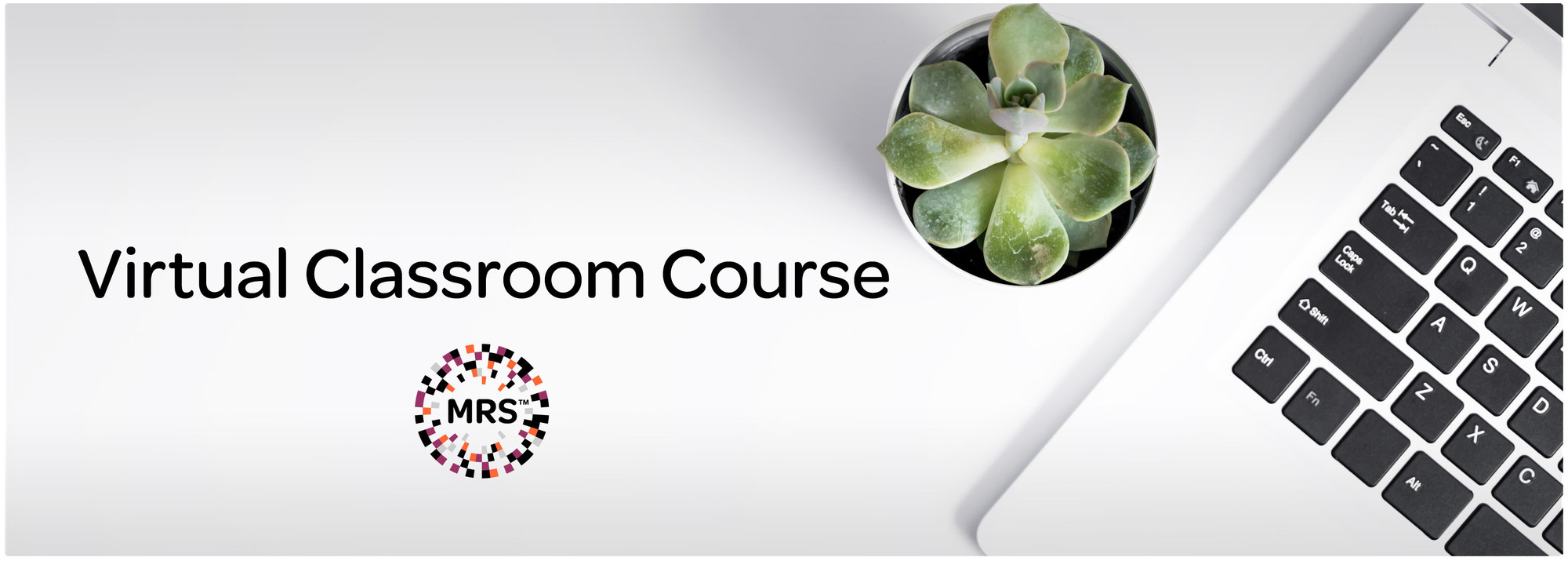Supercharging Systemic Change - Embedding Diversity, Equity & Inclusion within Organisations

Date and time
This event has taken place
Members
£325 + VAT
Non-Members
£475 + VAT
Company partners
£350 + VAT
Please let us know if you have any accessibility requirements ahead of the event
Company partners
1 CPS Voucher
Over the last few years, the narrative around Diversity, Equity and Inclusion (DEI) practices has moved on significantly. These are no longer “nice to haves” - a number of tailwinds are making DEI a must for any organisation, as it should be.
This includes the increased focus on diversity within ESG agendas, the social reckoning of 2022 highlighting the need for systemic change, and numerous commercial opportunities as well as consequences (e.g. consumers valuing brands that take social action, the potential for being cancelled etc.).
Furthermore, by focusing on DEI at a micro level (i.e. within organisations or industries) we can contribute towards making society more equal overall. For example, creating pathways for socioeconomic advancement, safe spaces to foster cultural connections, and informing products/services that benefit diverse audiences.
Implementing DEI is particularly important for our industry, given that we play a critical role in helping the world understand people’s experiences and needs. However, if we are not reflective or aware of the perspectives of diverse populations, inherent biases may lead to our research being inaccurate or even harmful. The ONS has also highlighted concerns among diverse populations about the extent to which our industry is set-up to fairly represent them.
What you’ll learn:
While there are many general DEI principles, in order to have the greatest impact, it is also important to understand the specific needs, challenges and opportunities of each industry and organisation. This course has been designed with our industry in mind.
It will look at DEI in relation to a range of diverse population groups, across race and ethnicity, gender identity, sexual orientation, health, and socioeconomics.
This course will cover:
- Root causes and symptoms of societal inequalities
- Understanding systemic challenges to DEI advancement (e.g. attracting diverse talent and research participants)
- Keywords, concepts and terminology (e.g. bias, microaggressions, psychological safety, Multiple Discrimination, Intersectional Discrimination, Belonging)
- Laws and governance practices supporting DEI (e.g. the Equality Act, ESG, GDPR)
- A framework for approaching DEI, focusing on:
- 1) Hiring Pipeline
- 2) Career Progression
- 3) Implementation of DEI Practices
- 4) Measurement & Evaluation of DEI Practices
- Building a DEI Roadmap that sets ambitious but also realistic milestones and time-frames
- Industry-wide DEI initiatives to be aware of (e.g. pledges, diversity surveys, steering committees)
- Best practice examples and inspiration
Who this is for:
DEI is complex and approaching it can feel overwhelming. There are many diverse groups to consider, meaning that one size can of course never work for all. The key areas to consider also evolve as society does. We must, therefore, always remain abreast of shifts and developments.
Whether you want to make your workplace more diverse or understand DEI better to make an impact through your work, this course will support you along your journey.
About the trainer:
Sania Haq specialises in intercultural research and has worked in this space for 12+ years.
Sania helps her commercial clients in sectors such as music and entertainment navigate and reach diverse audiences, and works closely with governments and non-profits to help them better understand and meet their socioeconomic needs.
Sania writes and speaks extensively on intercultural matters, in relation to research methods and more widely. She is part of the Market Research Society’s Representation in Research Steering Group, and is the trainer for the MRS course, ‘Goodbye to Stereotypes – Designing Research that is Effective, Fair and Empowering’, on inclusive research.
Sania has been in research for 10+ years and, as well as delivering research to major corporate clients such as Google and Spotify, she has specialist expertise in running projects for government and intergovernmental bodies. She is passionate about using research for the enhancement of public good. One of her main areas of specialism relates to minority, and lesser heard groups, and optimising methodologies to ensure that research more accurately represents their experiences/views.
Sania is a member of the MRS’s Representation in Research Steering Group, and also regularly writes and speaks on how research can be used to better represent lesser-heard groups.
Additional Information
Date and time
This event has taken place
Members
£325 + VAT
Non-Members
£475 + VAT
Company partners
£350 + VAT
Please let us know if you have any accessibility requirements ahead of the event
Company partners
1 CPS Voucher
Get the latest MRS news
Our newsletters cover the latest MRS events, policy updates and research news.










